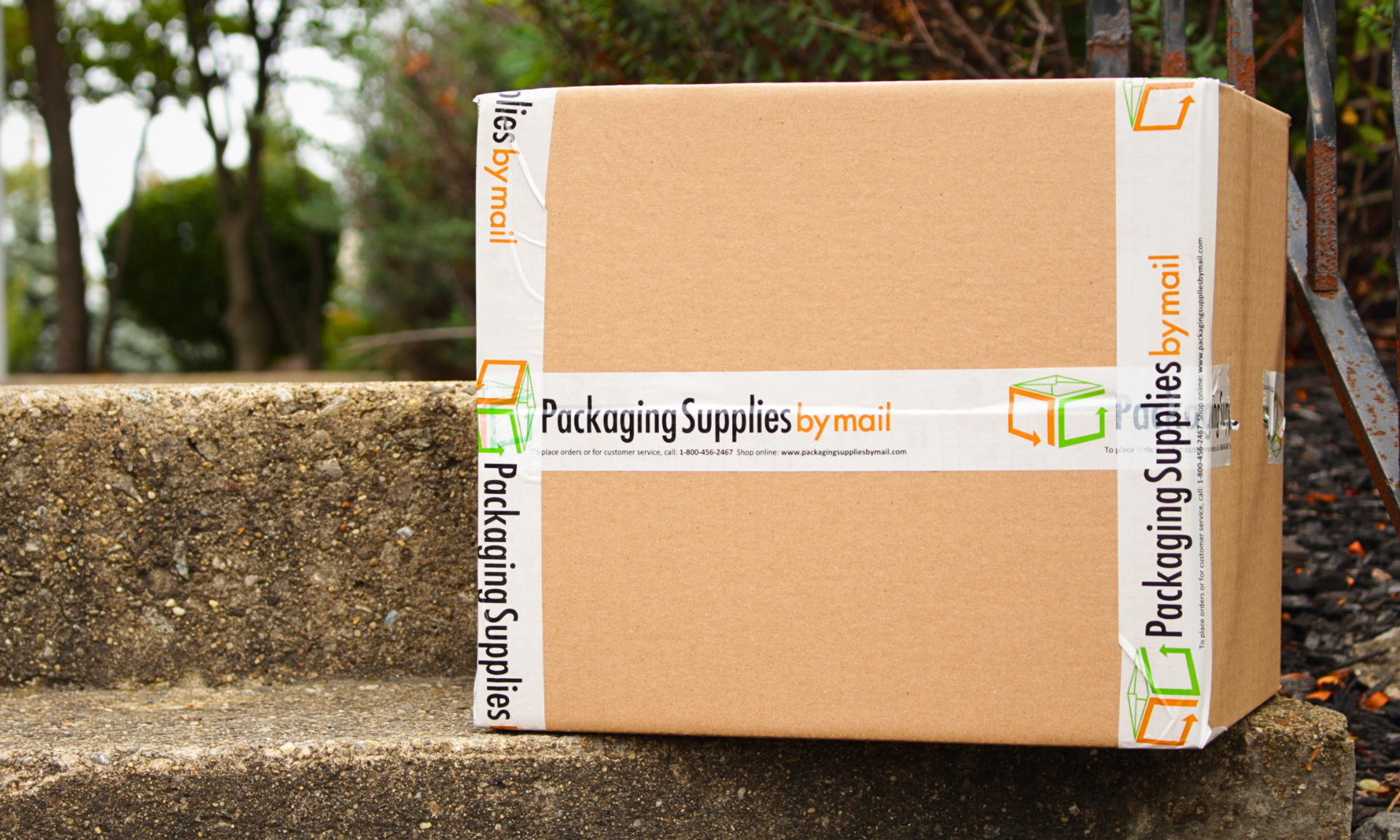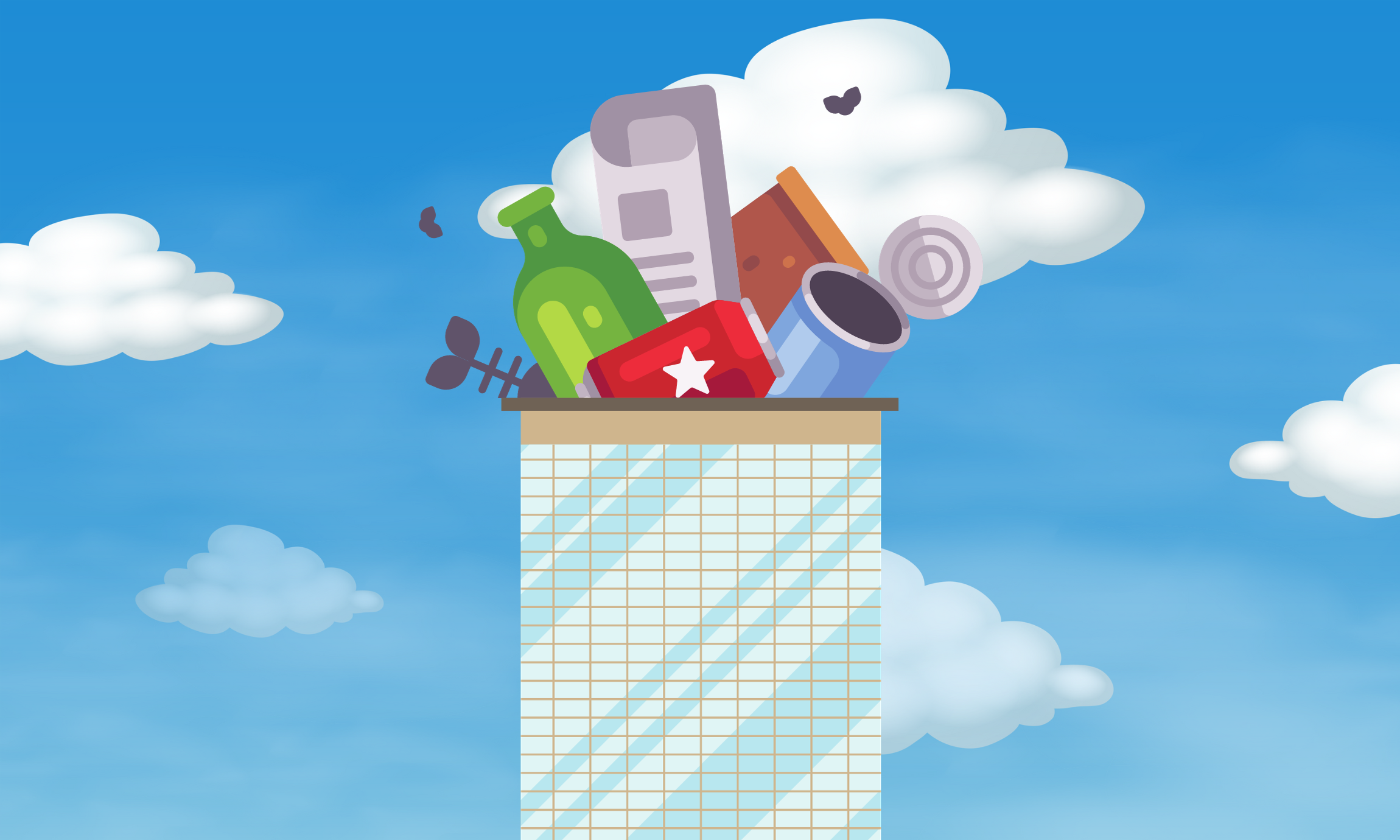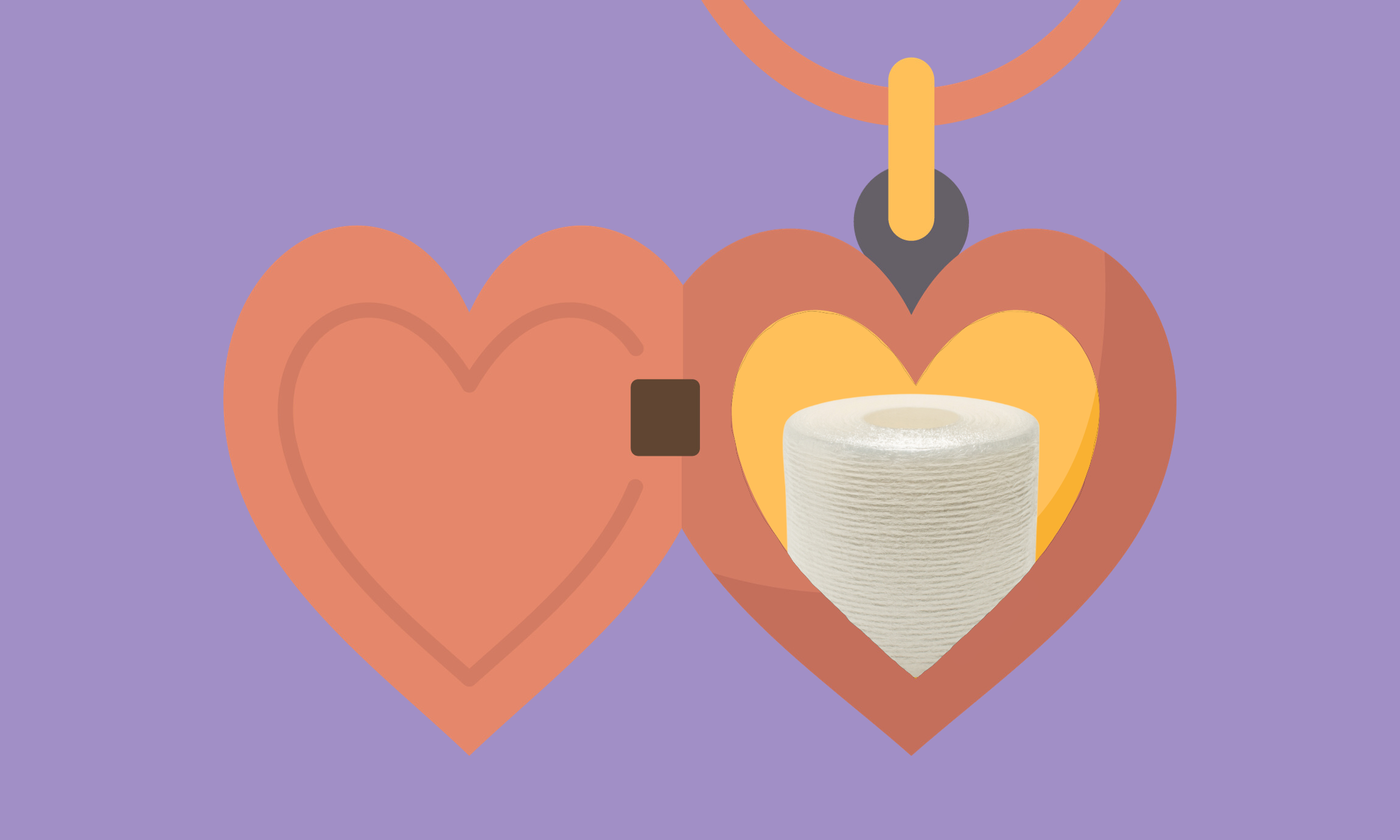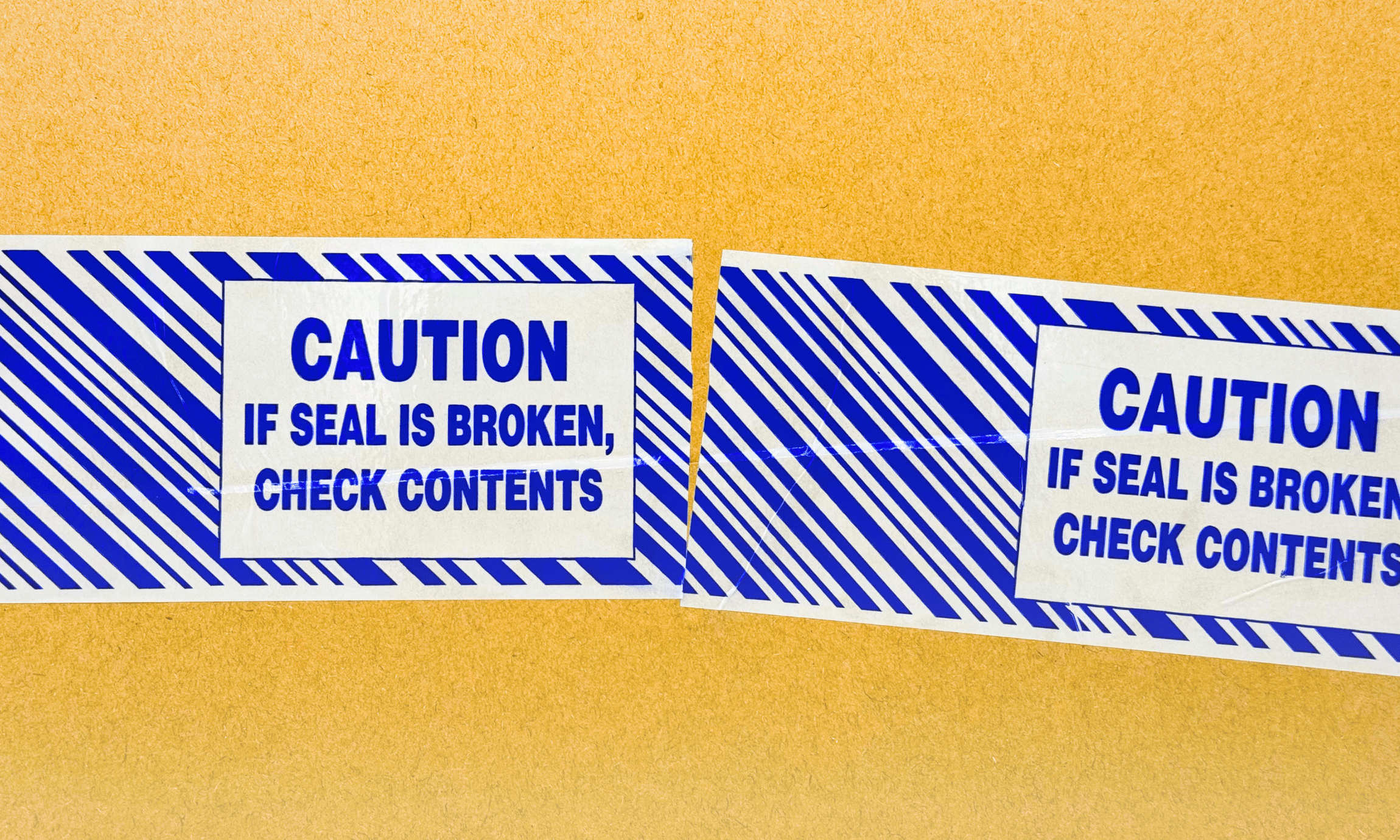With desperation etched across her face, the new warehouse hire Tabitha could feel her voice tremble as she implored her supervisor Alan, "Where, oh where, do I place these precious, plastic remnants of hope?" She had recently embarked on her recycling journey within the cavernous expanse of the warehouse, cherishing every discarded scrap of plastic as a chance for redemption.
With a heavy sigh, Alan's voice carried the weight of shattered dreams as he muttered, "Behold, our barren wasteland, the abyss into which all aspirations are consigned." Gesturing to the colossal, ominous trash receptacle, he added, "Everything, dear Tabitha, is destined for that gaping maw. A forsaken fate, it awaits the forklift's melancholic embrace but once a week."
Overwhelmed by the cruel reality, Tabitha's trembling hands released the remnants of her dreams, surrendering them to the yawning chasm. Plastics, cardboard, and the fragile echoes of her aspirations spilled over the edge, lost in the abyss, like her heart in that cold, unforgiving warehouse.

The environment isn’t the responsibility of one business or a couple of government agencies—it’s everyone’s responsibility. It seems like troubling statistics are easy to come across these days, such as U.S. municipal solid waste (MSW) reaching 292.4 million tons in 2018 or global air and greenhouse gas (GHG) emissions hitting 7.8 tons per capita in 2022. As concerning as these numbers are, the worst thing you can do is give up hope.
While the task of saving our planet is a substantial one, there are baby steps that we all can take every day to set us on the right path. Even while on the job—perhaps especially on the job—we can all play our part in making the world greener and healthier. In this eco-friendly article, we will cover five simple ways to reduce your environmental impact while encouraging your staff and customers to do the same.
1. Make Recycling a Daily Routine
Recycling isn’t just something you do on garbage day—it’s an everyday commitment. But it doesn’t need to be a monumental task. You can start by stocking up on recyclable corrugated boxes. When you’re done using them for shipping, they can be turned into makeshift recycling bins for all your packaging leftovers. Then at the end of the day, have your staff patrol the facility for any loose scraps of recycling and organize them by paper, plastic, metal, and glass. Just make sure you break down your boxes flat when you’re done with them.
If you’re serious about recycling, consider investing in a recycling baler. These massive, industrial machines are designed to squeeze boxes, cans, and other recyclable materials into large, compact bales of recycling. The bales can then be sold and shipped to a recycling facility that can break the bales down into their raw materials, which can then be processed and manufactured to make new products.
According to Whitaker Brothers, a company that specializes in data destruction and print finishing, “cardboard is going anywhere from $10.00-$70.00 per bale depending on your geographic location. At a pickup rate of 6 bales for pickup, you could earn anywhere from $60.00 to $420 per pickup” (Whitaker Brothers, 2020). As it turns out, one person’s waste really is someone else’s treasure.
2. Label Recycling Materials for Customers
Most consumers do not know how to recycle certain kinds of products, and neither will they go out of their way to learn. Therefore, you need to bring the knowledge to your customers. For instance, consider adding a recycling “cheat sheet” to your packaging, which provides specific instructions on how to recycle common materials.
As an example, many people will recycle kraft bubble mailers without breaking them down. In their current state, kraft bubble mailers are not recyclable because the paper envelope and plastic bubble interior are stuck together and paper and plastic need to be recycled separately. If you provide instructions that read something like, “Cut apart bubble liner from kraft paper envelope, then recycle separately”, your customers will have the essential information to properly recycle their packaging.
3. Encourage Eco-Friendly Habits
Recycling is a big step towards reducing corporate waste. But when it comes to lowering your environmental impact, sometimes less is more. For instance, turn off the lights if you or nobody else is in the room. If there are a lot of coffee and tea drinkers in the office, offer them reusable thermoses or mugs to replace disposable paper and Styrofoam cups.
And don’t forget the power of rewards! Your employees that take recycling seriously and go out of their way to reduce waste deserve recognition for their efforts. A written or verbal “thank you” can go a long way to boost morale and promote an eco-friendly workplace, while a gift or holiday bonus can go even further. By rewarding environmentally friendly behavior, you encourage your staff to put in the extra effort to reduce, reuse, and recycle.
4. Pack Smartly, Not Excessively
Did you know that you might be using too many packaging supplies? Shocking as this may be to find out, it could be happening to you! It may be tempting to use a bunch of stretch wrap or tape to keep your products secure, but this is packaging overkill and an inefficient use of resources.
Your standard pallet will need a minimum of three-to-four layers of stretch wrap in order to be properly secured. If you’re using a higher-gauge or high-performance stretch wrap, two to three layers will do just fine. Small businesses that deal with palleted loads every now and then are probably fine just using hand stretch wrap, but larger businesses that handle a large volume of goods coming in and going out may want to invest in a stretch wrap machine; these industrial packaging machines maximize the stretchability of the wrap film, enhancing your throughput and minimizing the cost of your packaging supplies.
When you’re sealing boxes and cartons, first consider the kind of tape you’ll be using. Masking tape and duct tape, for instance, do not have what it takes to keep boxes sealed in transit and storage. Instead, invest in some durable carton sealing tape or some high-strength, tamper-proof kraft tape. Next, think about how you’re applying your tape. Rather than slapping your tape on the box willy-nilly, seal the flaps of your box perpendicularly, forming an H-shape with your tape across all seams:

Kraft paper tape is a particularly eco-friendly option, as it is made from recyclable materials and less kraft tape is needed to seal a carton when compared to carton sealing tape. To learn more about its benefits, check out our article covering 8 reasons to switch to gummed paper tape today.
5. Reuse Your Packaging Waste
Packaging waste is inevitable. Even if you carefully wrap your goods, using the minimum packaging necessary to achieve maximum results, you’ll still end up with extra stretch wrap, tape, and other supplies. But instead of sending these scraps immediately to the recycling bin, think about how you get more use out of them.
Empty plastic bags or shredded paper can be used in place of conventional bubble wrap, providing a layer of cushioning protection for sensitive and fragile items. While empty cardboard boxes can be used as temporary recycling bins, as previously mentioned, they can also be used for collecting funds, organizing documents, creating scale models, and more. And for you creative types, packaging scraps can be easily repurposed into crafting materials, enhancing the appearance of posters, cards, and packages.
A Greener Tomorrow
This article has gone over how to reduce waste at work in five different, manageable ways. While the task of saving our planet may seem a daunting one, you can’t allow yourself to get discouraged. If you make the effort every day to adhere to these five steps and encourage the people around you to do the same, you make saving the planet that much easier.
While you’re here, be sure to take a look at our wide selection of packaging supplies, which include eco-friendly options like kraft mailers and biodegradable stretch wrap. All our packaging products come with free shipping, so you can take steps toward creating a greener tomorrow today.








Sign In